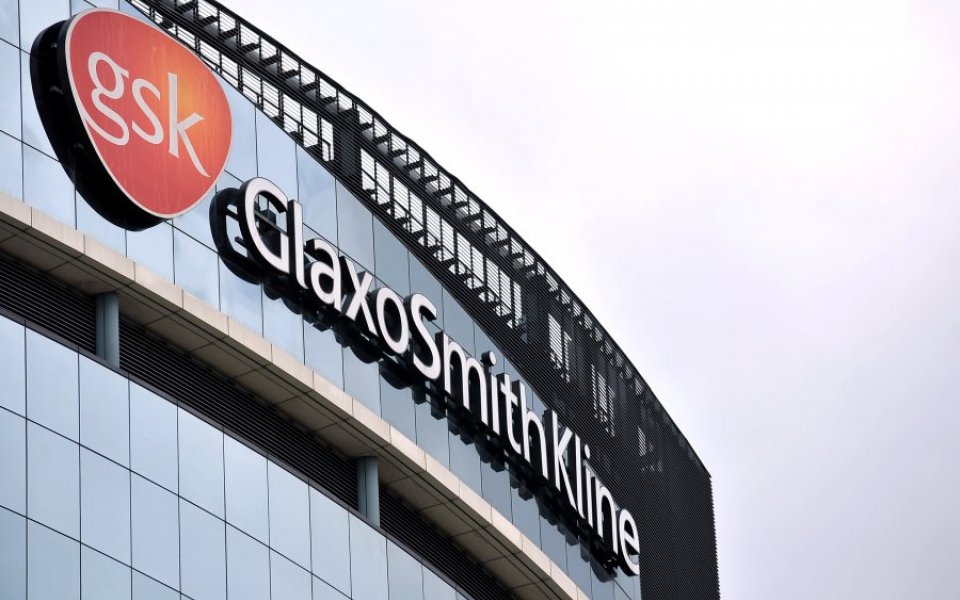CMA fines pharma companies including GSK £45m

The Competition and Markets Authority has fined GlaxoSmithKline, Generics UK and companies formerly known as Alpharma £45m for conspiring to delay the entry of a generic drug between 2001 and 2004.
GSK, which has been fined £37.6m, was found to have made payments and other value transfers of more than £50m to Generics UK and Alpharma, who were suppliers of generic versions of paroxetine. At the time, GSK's "blockbuster" branded version of paroxetine Seroxat was huge – 4.2m prescriptions were issued for the drug in 2000 and sales exceeded £90m in 2001.
GSK started litigation proceedings against the two firms, alleging that their generic products would infringe its patents. Before going to trial, GUK and Alpharma each entered into agreements with GSK, which included terms prohibiting their independent entry into the UK paroxetine market.
"These ‘pay-for-delay’ agreements deferred the competition that the threat of independent generic entry could offer, and potentially deprived the National Health Service of the significant price falls that generally result from generic competition," the CMA said today.
"In this case, when independent generic entry eventually took place at the end of 2003, average paroxetine prices dropped by over 70 per cent in two years."
The arrangement was both anti-competitive and infringed the competition law prohibition on abuse of a dominant position.
GUK's former parent company Merck KGaA has been fined £5.8m, while Alpharma – which has since been split into three companies called Actavis, Xellia and Alpharma – has been fined £1.5m
Michael Grenfell, the CMA’s executive director for enforcement, said: "Today’s decision sends out a strong message that we will tackle illegal behaviour that is designed to stifle competition at the expense of customers – in this case, the NHS and, ultimately, taxpayers.
"This investigation shows our determination to take enforcement action against illegal anti-competitive practices in sectors big and small. Cracking down on these practices is essential to protect consumers, to encourage legitimate business activity that such practices stifle, and to stimulate innovation and growth."
A GSK spokeswoman said the pharma giant was considering appealing the decision.
She added: “GSK disagrees with the ruling by the UK CMA. GSK and the generics companies entered into these agreements at the time in order to settle costly, complex and uncertain patent disputes.
"The agreements allowed the generics companies to enter the market early with a paroxetine product and ultimately enabled a saving of over £15m to the NHS."